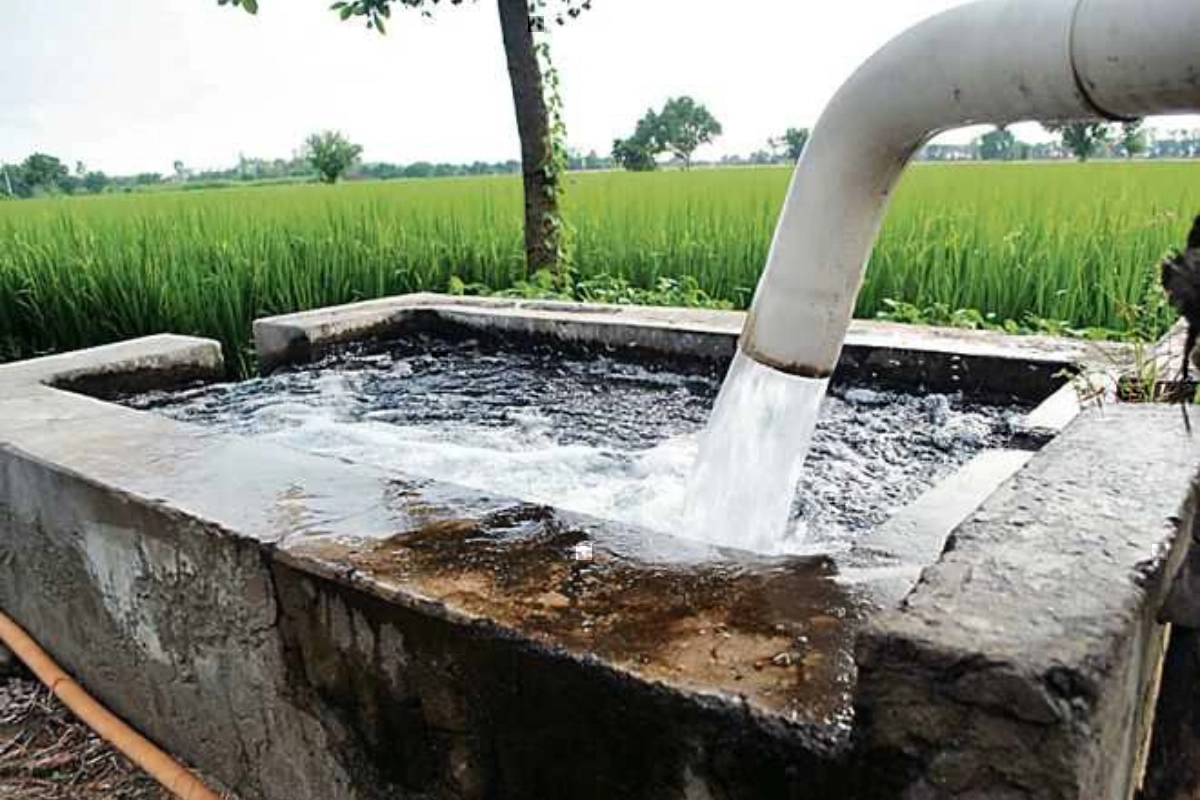DSR pilot project: As the Paddy sowing season is yet to begin, the Punjab government has picked up direct seeded rice (DSR) technology as a pilot project in 16 agricultural blocks of 16 of the total 23 districts. The blocks have been chosen in the districts where groundwater table has gone down by 0.3 m to 21.8 m over a period of 20 years — from 1998 to 2018.
These blocks are Sunam (Sangrur district), Barnala, Moga-1 (Moga), Patiala , Bassi Pathana (Fatehgarh Sahib), Sultanpur Lodhi (Kapurthala), Phool (Bathinda), Raikot/ Machhiwara (Ludhiana), Mansa, Patti (Tarn Taran), Ajnala (Amritsar), Kotakpura (Faridkot), Ghal Khurd Zira (Firozepur), Fazilka, Gidderbaha (Muktsar), and Dera Baba Nanak (Gurdaspur).
Soil sampling and plummeting groundwater table
Experts said soil sampling and plummeting groundwater table in various districts were taken into consideration.
According to information, the water table has gone down by 21.8 meters in Barnala block. It declined by 21.3 m in Sunam,. Patiala, Moga-1, Bassi, Pathana, Mansa, Patti, and Phool have recorded 20 m, 14.6 m, 14.1 m, 11.5 m, 11.3 m, 11.2 m, and 10.9 m decline in the groundwater, respectively, in the same period.
The remaining blocks have recorded decline ranging from 0.3 m to 9.4 m.
The Agriculture department officials said these blocks are most suitable for DSR technology as a pilot project.
Rs 1,500 per acre as incentive
As incentive, the government will give Rs 1,500 per acre to those who adopt DSR technology, said Director, Punjab Agriculture Department, Dr Gurvinder Singh. He added that the canal water supply is being assured along with the regular supply of electricity from May 25 to June 8.
He said, “We are promoting short and medium-duration paddy advised by the Punjab Agricultural University and our own experts. The idea is to get maximum yield by using less water.” He said special emphasis was on ‘Tar-Wattar DSR’.
The capacity building programme will also makes farmers aware of DSR’s indirect benefit. It includes higher yield of succeeding wheat crops, easier management of paddy residue for sowing the next crop, higher groundwater recharge and lower incidence of pests.
Farmers who opted for the DSR technique earlier complained that they got only eight hours of uninterrupted electricity in June (when conventional paddy is sown).
Jaskaran Sandhu of Raungla village said, “Officials have assured us that the power supply will not be an issue for the farmers opting for the DSR technique.”
Must Read: Hearing Postponed! Court to Rehear Petitions Against the Release of Bilkis Bano Culprits
Keep watching our YouTube Channel ‘DNP INDIA’. Also, please subscribe and follow us on FACEBOOK, INSTAGRAM, and TWITTER












